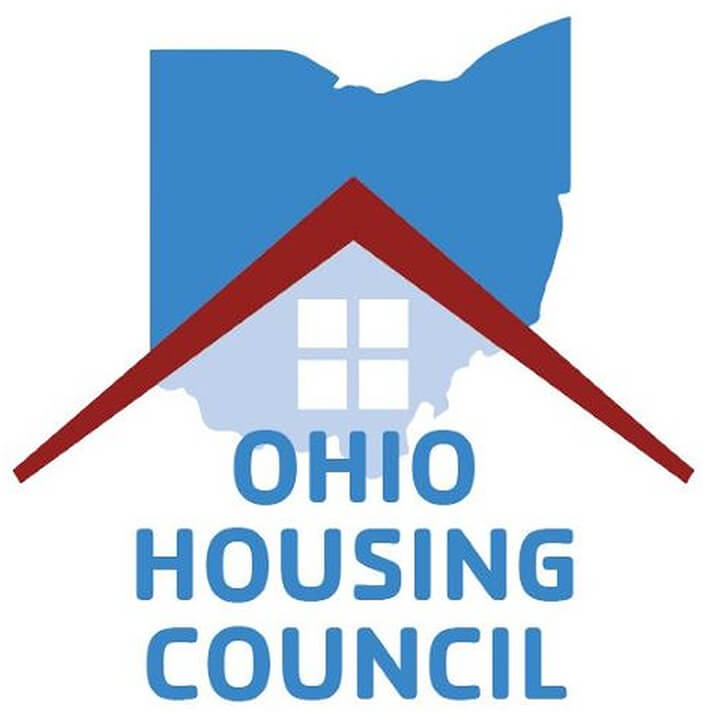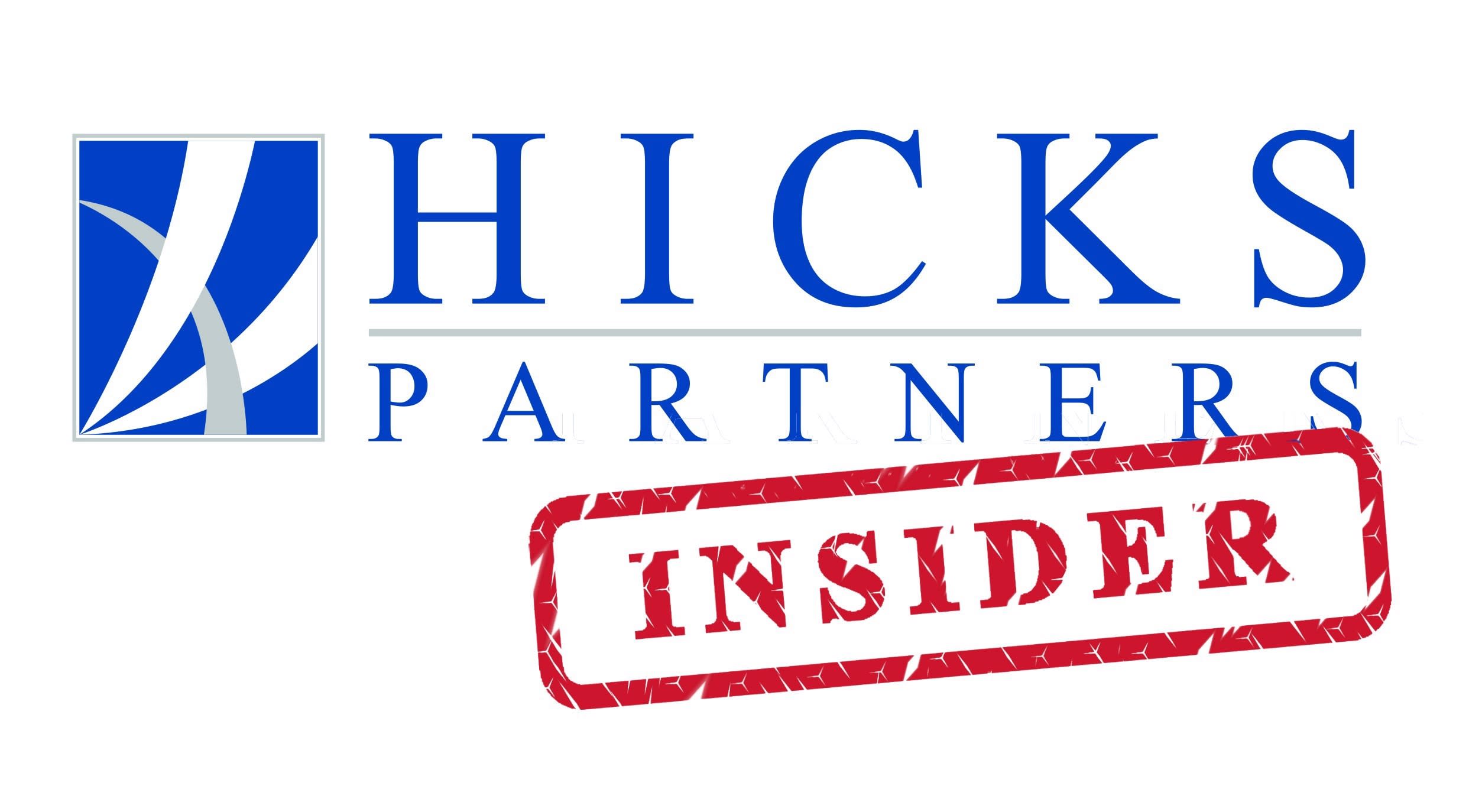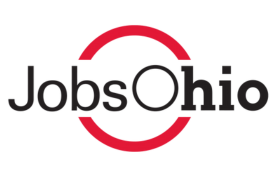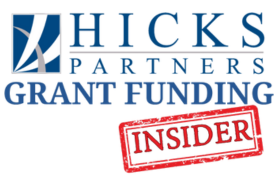| Ohio Moves Toward Crypto-Friendly Future |
|
|---|
|
 |
The Ohio Board of Deposit has approved a proposal to recognize cryptocurrency as an authorized financial transaction device, marking a significant step forward in the state’s efforts to modernize its financial infrastructure. The proposal, which still requires final approval of a vendor contract, drew strong praise from Secretary of State Frank LaRose and State Treasurer Robert Sprague, both of whom have been vocal advocates for integrating crypto into government services. LaRose wants his office to be the first state agency to accept crypto payments, adding that this initiative aligns with broader efforts to establish Ohio as the “Silicon Heartland.” At the same time, Ohio lawmakers are advancing two bills that support the state’s digital currency ambitions: - HB 18, known as the Ohio Strategic Reserve Act, would grant the state treasurer oversight of a digital asset reserve fund outside of the state treasury.
- HB 116 would create a formal statutory framework for the use of digital currencies in Ohio.
Both bills are sponsored by Rep. Steve Demetriou (R-Bainbridge Township) and have received backing from LaRose, Sprague, and the Ohio Blockchain Council. - These proposals position Ohio alongside a growing number of states—including New Hampshire, Arizona, Texas, Florida, and Oklahoma—that are exploring the use of strategic Bitcoin reserves.
The conversation around cryptocurrency is also intensifying at the national level, although the issue has become increasingly political, with Republican leaders positioning themselves as pro-crypto. At the recent Bitcoin Conference, Vice President JD Vance spoke in support of digital assets, highlighting the administration’s intent to promote innovation and financial sovereignty. Democratic critics, however, have expressed concern about potential conflicts of interest, accusing President Donald Trump of supporting crypto-related regulations that may benefit his family. |
|
|---|
|
 With state and national momentum building, Ohio is positioning itself as a serious player in the cryptocurrency and blockchain space. If fully implemented, these efforts could place the Buckeye State at the forefront of public-sector crypto adoption—potentially opening the door to new forms of investment, innovation, and economic development. With state and national momentum building, Ohio is positioning itself as a serious player in the cryptocurrency and blockchain space. If fully implemented, these efforts could place the Buckeye State at the forefront of public-sector crypto adoption—potentially opening the door to new forms of investment, innovation, and economic development. |
|
|---|
|
| Momentum Builds for Legal Online Gaming in Ohio—With Eyes on Tax Relief |
|
|---|
|
 |
Ohio’s effort to legalize online casino gaming is gaining traction at the Ohio Statehouse, where two competing proposals are offering different visions for how the state should regulate digital gambling. As policymakers debate the structure and scope of a legal iGaming market, a new consideration is entering the conversation: using online gaming revenue to help fund property and/or income tax reductions as part of the next state operating budget. HB 298, sponsored by Representatives Brian Stewart and Marilyn John, proposes to allow Ohio’s four casinos and seven racinos to offer digital versions of casino staples such as slots, poker, and roulette. Importantly, the bill excludes both online lottery ticket sales (iLottery) and internet-based horse racing. SB 197 takes a broader approach to online gambling, embracing a more expansive vision for the market that includes both iLottery and digital pari-mutuel horse wagering. - The result is a growing policy divide between House and Senate lawmakers over how best to regulate the industry and capture lost revenue from the state's unregulated market.
Key Differences in the Proposals While both HB 298 and SB 197 call for a $50 million initial licensing fee, they differ in several key areas:
- Renewal Fees: HB 298 sets renewal at $10 million, while SB 197 offers a lower $5 million threshold.
- Tax Rates: HB 298 proposes a 28% tax on operator receipts; SB 197 suggests a tiered rate ranging from 36% to 40%, depending on the type of platform.
- Consumer Protections: HB 298 would ban the use of credit cards to fund gambling accounts and limit promotional bonuses—provisions not found in SB 197.
- Market Scope: HB 298 excludes iLottery and online horse betting, while SB 197 includes them.
Ohioans are already placing an estimated $5 billion per year in wagers on out-of-state or unregulated platforms, meaning the state is missing out on a significant source of potential tax revenue. Proponents of both bills argue that a regulated market would allow Ohio to bring those dollars back under state oversight—generating tax revenue, protecting consumers, and supporting in-state operators. Critics worry the high licensing fees could create a market dominated by large operators, shutting out smaller competitors. Meanwhile, public health concerns about gambling addiction and workforce impacts continue to fuel debate. The Budget Tie-In: Potential for Tax Relief What’s new in the debate is how revenue from legalized online gaming could be used to reduce Ohioans’ tax burdens. With lawmakers currently negotiating the state’s next operating budget, online gaming revenue is being discussed as a funding source for income tax cuts or property tax relief. |
|
|---|
|
 While HB 298 and SB 197 differ in approach, there is broad agreement that Ohio’s unregulated online gaming market is unsustainable. As budget talks progress, a compromise blending elements of both bills could emerge—legalizing iGaming and helping fund tax relief. While HB 298 and SB 197 differ in approach, there is broad agreement that Ohio’s unregulated online gaming market is unsustainable. As budget talks progress, a compromise blending elements of both bills could emerge—legalizing iGaming and helping fund tax relief. |
|
|---|
|
Ohio Targets National Talent with $50M Incentive Program |
|
|---|
|
In a bold move to pull talent across state lines, JobsOhio is launching a $50 million initiative aimed at attracting 3,000 new STEM and technical workers to the state. Starting in July, the JobsOhio Relocation Incentive (JORI) will offer $15,000 per out-of-state hire to qualifying companies. Why it Matters - Ohio will need 540,000 STEM and skilled workers by 2032.
- Demand for STEM talent is projected to grow three times faster than non-STEM roles.
- States are fiercely competing to fill advanced manufacturing and tech positions.
JORI, funded through the state’s liquor profit lease extension, is open to companies of all sizes operating in JobsOhio’s priority industries. Incentives are capped at $225,000 per employer and are issued once the new hire is on payroll and a resident of Ohio. Key Features - $15,000 per qualifying out-of-state hire
- Up to 15 hires per company
- Use of funds is flexible: bonuses, relocation, recruitment
- Designed to reduce in-state talent poaching
JobsOhio is integrating JORI into existing programs like Find Your Ohio, creating a single point of entry for employers navigating Ohio’s talent pipeline. The Ohio Chamber of Commerce and Ohio Business Roundtable applauded the move, citing growing pressure on employers to fill jobs across nearly every sector. |
|
|---|
|
 JobsOhio is betting big on a simple formula: nationalize recruitment, localize growth. JORI sends a clear message—Ohio’s workforce strategy isn’t just about job creation; it’s about competitive advantage. With tech and manufacturing talent in high demand, programs like this may become a new standard for states looking to win the talent race. JobsOhio is betting big on a simple formula: nationalize recruitment, localize growth. JORI sends a clear message—Ohio’s workforce strategy isn’t just about job creation; it’s about competitive advantage. With tech and manufacturing talent in high demand, programs like this may become a new standard for states looking to win the talent race. |
|
|---|
|
Our Grant Alert list is updated! Review the list of ongoing grant opportunities here: |
|
|---|
|
| |
| Hicks Partners, LLC is a multidisciplinary business consulting firm providing public relations, government affairs and business development services. We deliver powerful results for clients seeking to enhance their image, impact policy decisions, and grow their bottom line. |
|
|---|
|
|
|






